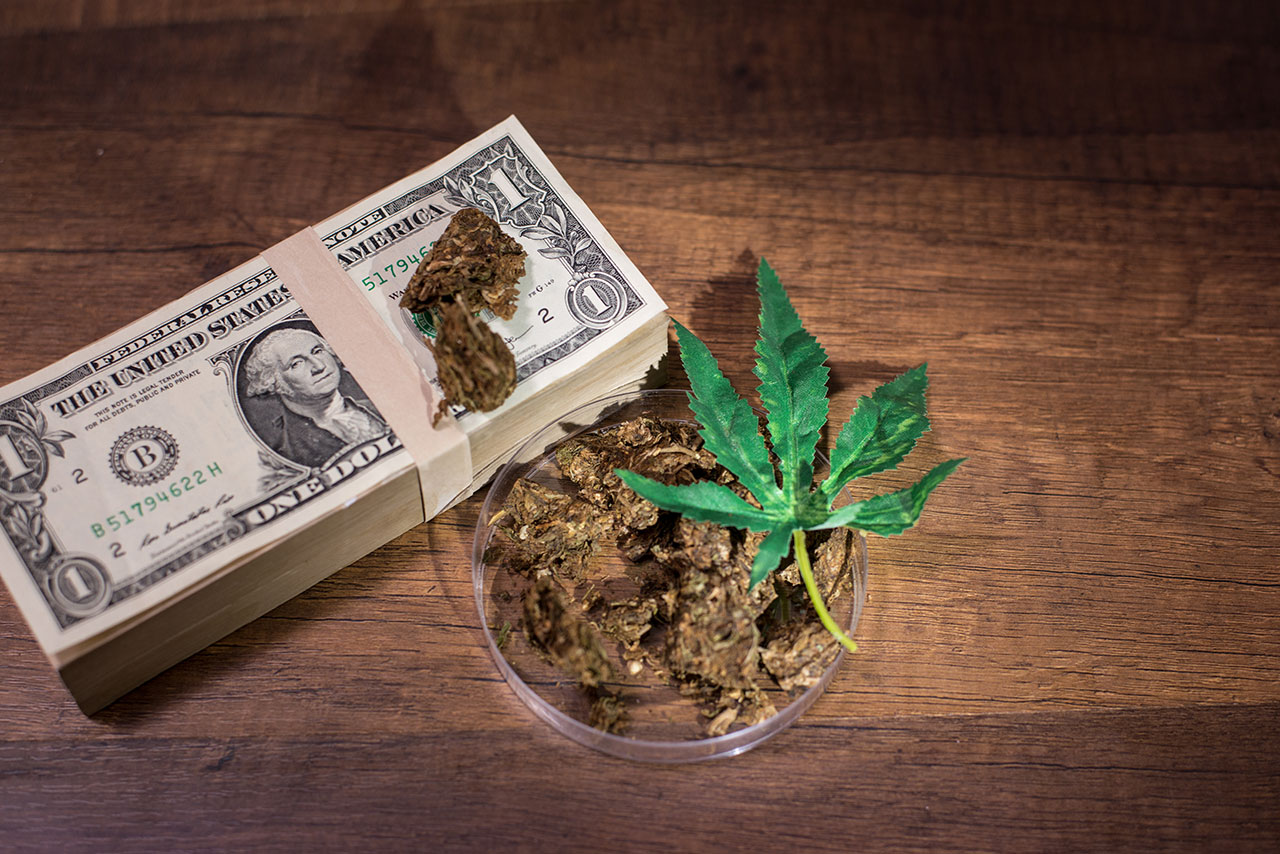It takes lots of marijuana to make 1 billion joints, but that’s how much pot Oregon has on hand right now—enough to supply the state’s marijuana “needs” for six years, even if production stopped right now. The vast oversupply is causing worries that growers, who have made huge investments in their business ever since Oregon legalized recreational marijuana use five years ago, will turn to the black market to dispose of inventory. That, state authorities fear, could lead to new federal enforcement in Oregon—prosecutors busted a black-market ring there last year. To stem the excess, Oregon is moving to deny new licenses to growers, but the state will likely have to take away some current licenses, too, or watch some growers go bust, before the problem disappears.
Oregon is not alone. Though advocates claim that one of the benefits of legalizing recreational marijuana is that the black market will disappear and thus end the destructive war on drugs, the opposite is happening. States that have legalized pot have some of the most thriving black markets, creating new headaches for law enforcement and prompting some legalization advocates to call for a crackdown—in effect, a new war on drugs. In Colorado, cops complain that illegal growers are “hiding in plain sight.” They’ve entered the state and set up marijuana fields, including on public lands, to cultivate pot for export to other states. According to one account, authorities have had to use garbage trucks to collect all the illegal pot they’ve gathered from raids on homes and businesses. In 2017, officials seized 80,000 illegal pot plants on federal land alone in Colorado.
Finally, a reason to check your email.
Sign up for our free newsletter today.
Legal-pot states are attracting international criminal cartels. Mexican drug gangs have smuggled illegals into Colorado to set up growing operations, former U.S. prosecutor Bob Troyer wrote last September, explaining why his office was stepping up enforcement. Rather than smuggle pot from Mexico, the cartels grow it in Colorado and smuggle it elsewhere—spurring violence. In 2017, seven homicides in Denver were directly connected to marijuana growers. “I would love to be able to shift some of my resources away from marijuana to other things,” Denver lieutenant Andrew Howard said last year. “But right now, the violence is marijuana or marijuana-related.”
In Nevada, which legalized pot by ballot initiative in 2016, violence surrounding pot has increased. “In 2017, homicides related to an altercation over drugs grew by 21 percent, compared to 2016,” Las Vegas police captain Todd Raybuck told a legislative hearing in New Jersey last year. “Marijuana was the cause of the altercation in 53 percent of those homicides. In 2017, 58 percent of all drug-related murders involved marijuana.”
Legal-marijuana businesses are getting in on the game, too. Last year, Denver authorities arrested the owners of a licensed chain of pot shops that employed 350 people for supplying the black market. In January, three owners of the business pled guilty to drug and racketeering charges. In Oregon, federal prosecutors arrested six individuals in 2018 and charged them with “vast” interstate-trafficking schemes that supplied black-market pot to Texas, Virginia, and Florida. Some of the suspects were also charged with kidnapping, money-laundering, and use of a firearm in a drug-trafficking crime. Thanks to Oregon’s huge pot reserves, the retail price of legal weed has been cut in half, from about $280 an ounce to $140; the price is much higher in states that haven’t legalized it.
Marijuana remains illegal at the federal level—legalize the drug everywhere, advocates suggest, and the black market will go away. But California’s experience suggests otherwise. The state’s pot market has struggled because illegal growers are undercutting the price of legal weed, which must account for the cost of a license, taxes on sales, and the financial burdens of complying with state health regulations. As a result, legal growers want the state to step up enforcement against illegal operations. “We are the taxpayers. No one else should be operating,” one licensed grower told the New York Times. A big problem, officials note, is that growers who are reluctant to go legal, with all the attendant costs and procedures, don’t disappear—they just continue doing business the old way. As a result, production of illegal pot is increasing. Research group New Frontier Data estimates that illegal growers will produce a half-million pounds more black-market pot in California this year compared with 2018. So blatant is the black market that a mobile-phone app called Weedmaps lists illegal sellers as they pop up.
Complicating the issue is that legalization was sold to voters as a social-justice imperative, to stop the war on drugs in minority communities. California officials say that they’re reluctant to crack down on the black market because that would represent a return to heightened enforcement in minority communities. “We can’t do Drug War 2.0,” one state official told the New York Times. The problem, though, is that states like California and Oregon already have the equivalent of Black Market 2.0.
Photo: aee_werawan/iStock
